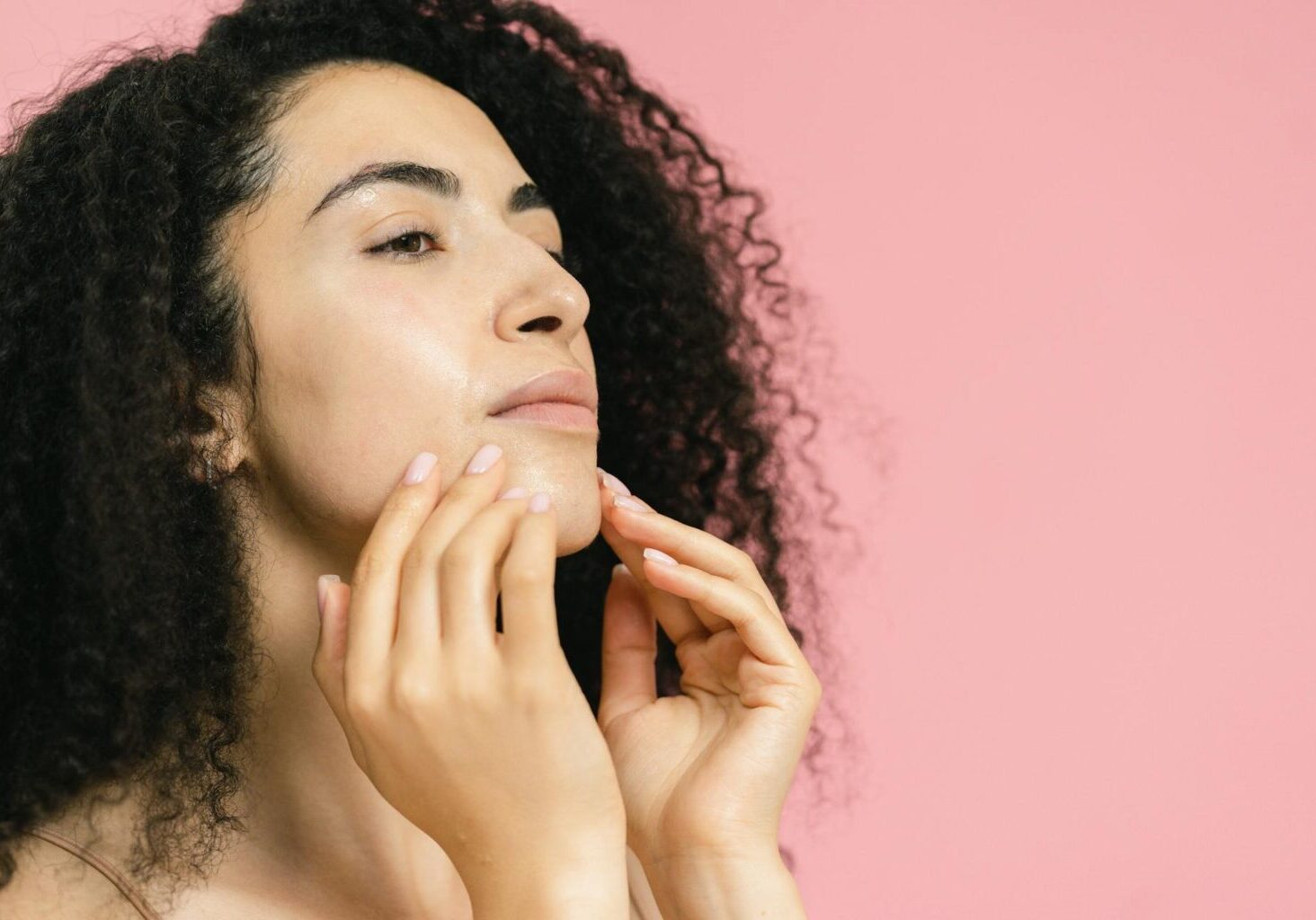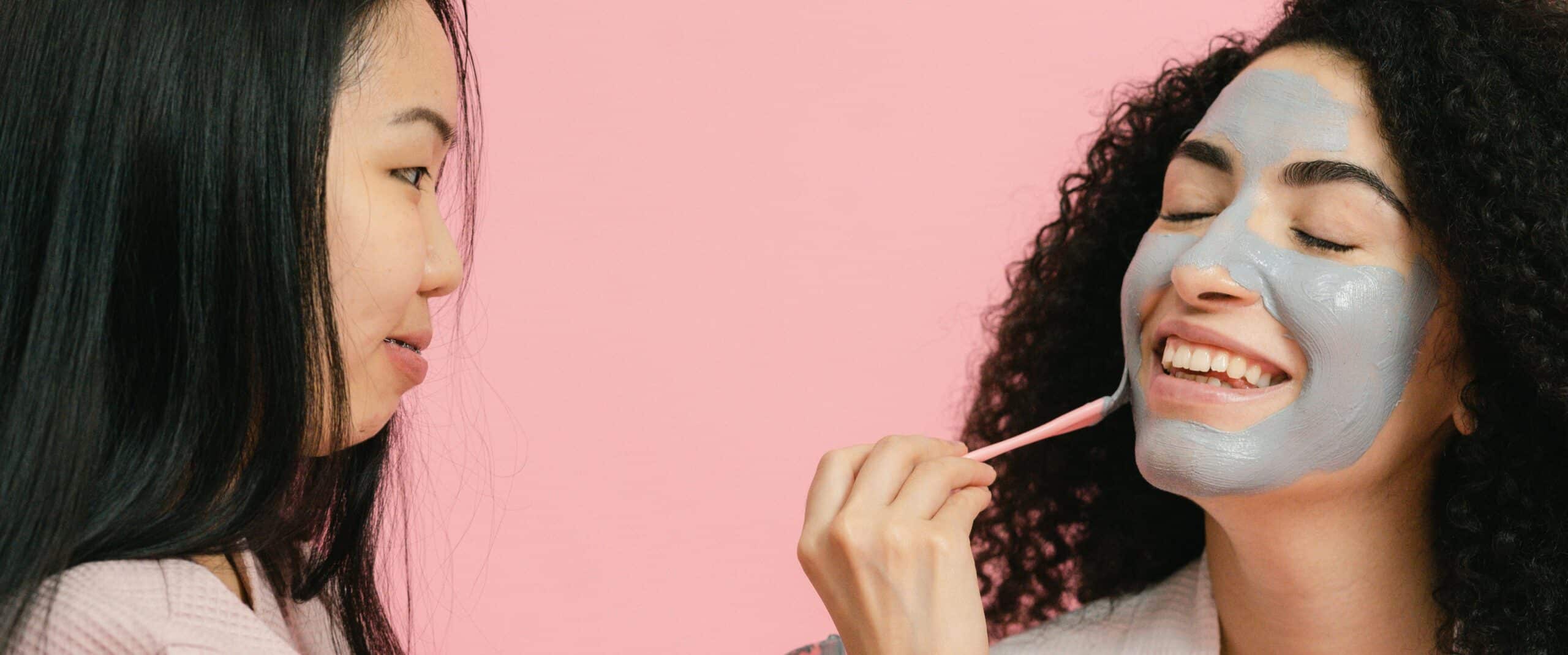Your Scope as an Esthetician vs Dermatologist: When should I refer my esthetician clients to a dermatologist?
Last Updated: March 11, 2025

Another day, another new client with large and persistent blackheads. At first, their esthetician wasn’t worried because the blackheads were so easy to extract. But then things got weird.
“There were so many [blackheads]. So much stuff came out of them, and it smelled really gross,” the esthetician shared on Reddit. “At one point, I was barely pressing on her skin with my extraction tool and pus continuously came out for over 30 seconds. When all of the stuff came out, her skin looked much better, but there were big holes left where the blackheads used to be.”
The esthetician finished the facial and set the client up with a retinol treatment. But after the client left, the esthetician worried she hadn’t made the right move.
“I’m wondering if I should’ve set her up with a dermatologist instead,” they wrote. “When and how would be the best way to tell your client that they need to be seeing a dermatologist rather than going to a day spa?”
As an esthetician or aesthetician, you want to enhance your clients’ natural beauty through personalized skincare solutions and treatments. But how can you recognize when your clients’ needs are beyond your professional scope?
Let’s talk about estheticians vs dermatologists and how to recognize when your clients’ need a derm’s help.
What’s the difference between an esthetician and a dermatologist?
Both estheticians and dermatologists help clients get happy and healthy skin. But how they do it is different.
Estheticians and aestheticians treat skin on a surface level with cosmetic treatments like facials and chemical peels. By comparison, dermatologists have medical degrees to diagnose and treat skin infections, disorders, and diseases.
Can an esthetician help with acne? Absolutely! Due to their medical degrees and schooling, however, there are some things dermatologists can do that estheticians can’t. For example:
- Prescribe medications.
- Dermatologist treatments can include administering injections, like Botox and fillers.
- Perform more aggressive treatments, like laser surgeries or vein procedures.
Esthetician vs Dermatologist: When should you refer clients to medical professionals?
There are lots of reasons why you may refer clients to a dermatologist. Here are a few from Pivot Point Academy and SELF:
- Suspected skin diseases or cancer.
- Painful lesions, scabbing, pussing, or crusting.
- Moles that are large or evolving.
- Eczema.
- Rashes, scarring, or redness.
- Severe acne, including deep, painful, or cystic acne.
- Psoriasis.
Still not sure about esthetician vs dermatologist responsibilities? When you do not recognize a client’s skin condition, what should you do?
A good rule of thumb: A dermatologist should see anything that hasn’t been formally diagnosed, including rashes, dryness, sensitivity, or brown spots, Carolyn Jacob, M.D. of Northwestern University told SELF.
Is there anything estheticians are better at than derms?
Before you doubt your own worth as an esthetician, know you’ve still got a ton to offer your clients.
“I was trained in treating diseases of the skin. When it comes to which products are best, what my patient’s skincare routine should look like, and when to change up their products, I refer them to you,” one derm told celebrity esthi Renee Rouleau.
In the debate between estheticians vs dermatologists, estheticians come out on top by:
- Spending more time with clients.
- Guiding clients toward the right skincare routine and products.
- Helping clients manage side effects of derm-prescribed medications.
- Pampering and providing routine maintenance.

“Anyone who’s simply looking for glowier skin (read: thoroughly moisturized, exfoliated, massaged, and calmed) will probably be best served at an esthetician’s office,” Anne Chapas, M.D. of Mount Sinai Hospital told SELF.
In short, is an esthetician a medical professional? No. Can an esthetician prescribe medication on their own? But do the differences between estheticians and dermatologists allow plenty of unique value on either side? Absolutely.
Derms + Esthis 4eva
While it’s tempting to put each professional in an esthetician vs dermatologist box, doing so only hurts your clients. The reality is, most clients can profit from seeing both a derm and an esthi.
“No matter who you are or what skin concerns you have, you can benefit from both! In fact, seeing both a dermatologist and an esthetician can complement your skin based on the skill set each provides,” Rouleau said.
Estheticians and dermatologists can be a great match for clients. But for a match made in heaven for you, get the esthetician insurance you need with WellnessPro.
Whether a client accuses you of hurting them, causing an infection, or damaging their property, our esthetician insurance can help you pay medical bills, legal fees, property damage, and pain and suffering. Don’t face esthetician claims alone. Click here to insure yourself for as little as $159 a year.
